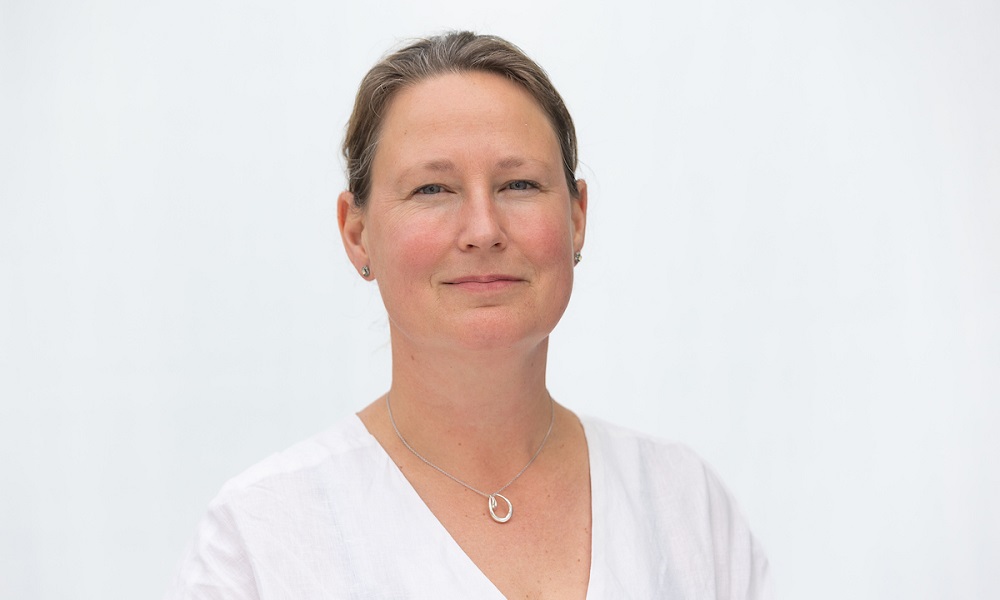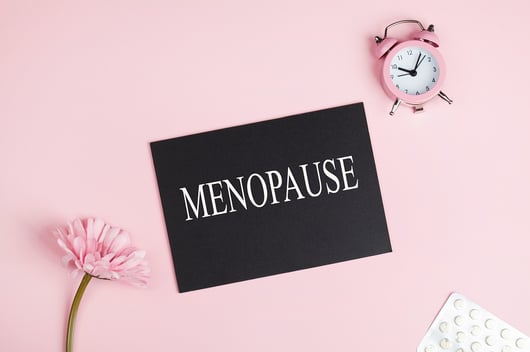
October is dedicated to Menopause Awareness here in the UK. The fact that Menopause is becoming a more openly discussed topic means that it is easier for all of us – both as individuals but also for organisations - to understand what it is like to go through menopause.
It has a profound impact on so many aspects of life – personal, family, work, and well-being. In 2021, CIPD reported that almost a million women in the UK have left their jobs completely because of menopausal symptoms.
Women over the age of fifty are the fastest growing group in the workforce - organisations need to treat menopause as they would any other health issue.
The menopause: my personal experience
I remember my mother going through ‘the change’ as it used to be called. Now and again, she would exclaim that she was having a hot flush whilst fanning her face and laughing. Until I hit (early) menopause, I naively thought I was in for the same. I wish I had taken the time to educate and prepare myself and my family for what was to come.
For me, it has certainly not been a laughing matter. But at times, a hard journey.
It’s something that has impacted my mental health and well-being negatively. But I am fortunate – and grateful - to work for an organisation that truly prioritises employee well-being. They continue to support me, and others, as we go through this time of our lives.
Hot flushes are just one of more than 34 common symptoms of menopause. The symptoms can be physical, emotional and mental. The CIPD’s 2021 research found that women negatively affected by menopausal symptoms at work, were regularly experiencing brain fog, forgetfulness, feeling stressed and overwhelmed. As well as anxiety and depression.

How Microsoft 365 tools help me manage the menopause at work
While there’s lots of available advice for organisations on how they can best support women during the menopause, I wanted to highlight that there’s many things we can do for ourselves too. Using the digital tools that we’re already familiar with.
Working with Microsoft 365 gives me a range of personal and well-being tools. Here are some of the ways 365 helps me look after my own wellbeing:
- Protect Time: I use this to make sure I protect time in my week. To focus and avoid interruptions with meetings. Sometimes I spend the time to clear up my to-do-list or simply give myself the space to immerse myself fully without distractions. It helps me feel less overwhelmed and more prepared.
- Headspace: Anxiety has probably had the worst impact on my wellbeing and confidence since going through the menopause. Regular meditation and breathing exercises really help to reduce this. Staying off (or reducing time spent on) social media and avoiding the news also helps me!
- Share and delegate: I categorise everything in my calendar, it helps me to stay organised. In my personal life, I delegate events, tasks, and chores to others – this means I am not having to remember everything.
- Microsoft Teams calls: jump on a Teams call and chat to a colleague. Being social and relating to others is so important and it helps when feeling of isolation and depression sets in. If you are lucky enough to have a friend at work also going through menopause, I guarantee you will find something to laugh about!

